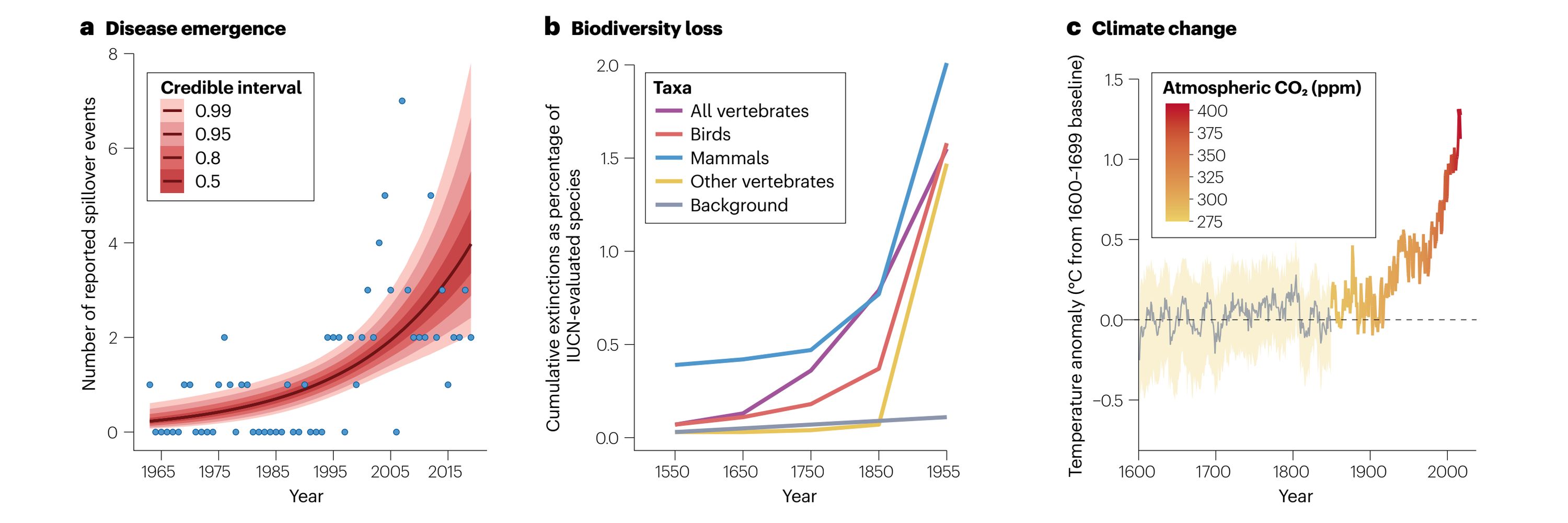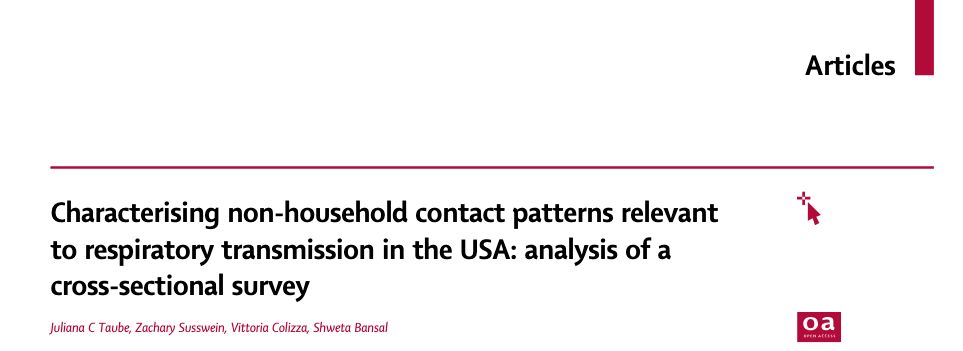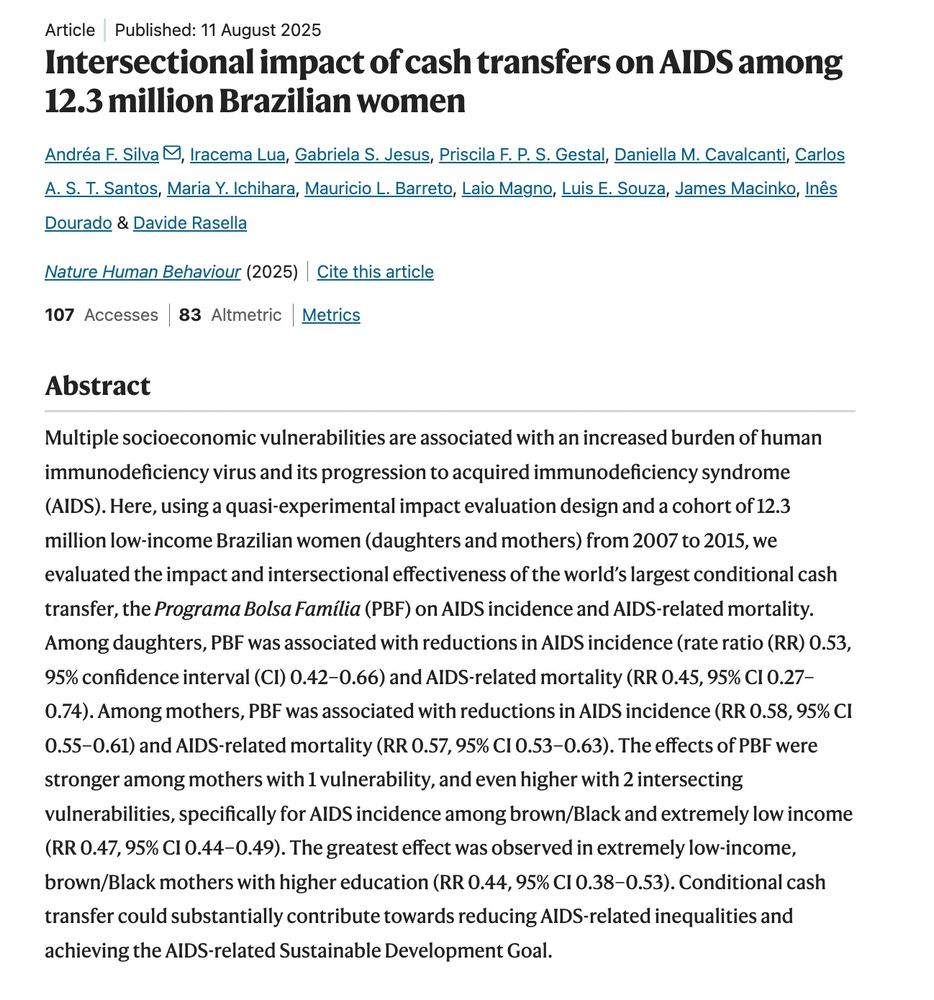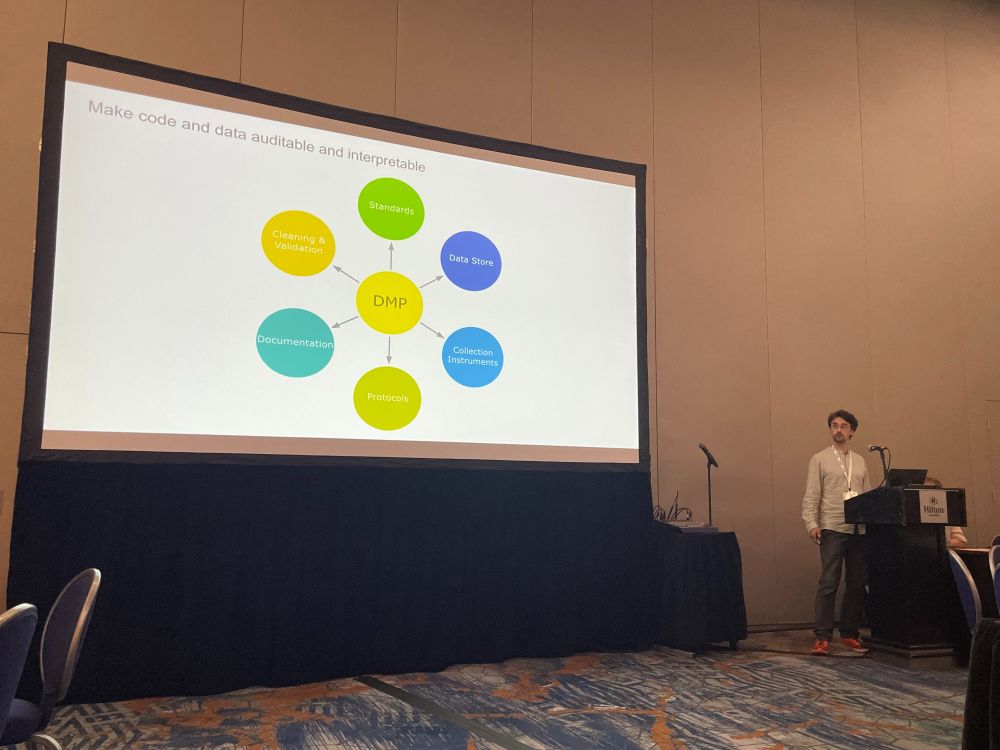




Probably a short-term contract, but if you're looking for a full-time gig, let's talk. Inquire within: www.viralemergence.org/blog/were-hi...

Probably a short-term contract, but if you're looking for a full-time gig, let's talk. Inquire within: www.viralemergence.org/blog/were-hi...
Thanks to Integrative and Comparative Biology for taking the leap with us 🦠🔢➡️🌎💻💫 academic.oup.com/icb/pages/Ge...

Thanks to Integrative and Comparative Biology for taking the leap with us 🦠🔢➡️🌎💻💫 academic.oup.com/icb/pages/Ge...
Last one of the year (unless...?) 👉 www.medrxiv.org/content/10.6...

Last one of the year (unless...?) 👉 www.medrxiv.org/content/10.6...

Full paper here: www.nature.com/articles/s41...

Full paper here: www.nature.com/articles/s41...




🎉🔓 www.biorxiv.org/content/10.1...

🎉🔓 www.biorxiv.org/content/10.1...



These geographic & social differences in risk can help target public health resources & surveillance 📢
/11

These geographic & social differences in risk can help target public health resources & surveillance 📢
/11
Based on population density, we expected urban counties 🏙️ to have higher contact rates than rural ones 🚜
This is true at baseline, but not during the pandemic, when urban areas were more responsive to gathering restrictions
/10

Based on population density, we expected urban counties 🏙️ to have higher contact rates than rural ones 🚜
This is true at baseline, but not during the pandemic, when urban areas were more responsive to gathering restrictions
/10
However, contact and COVID-19 incidence were anti-correlated during this period (when disease went ⬆️, contacts went ⬇️)
Thus, after controlling for disease, there was no longer any systematic variation in contact over time
/8

However, contact and COVID-19 incidence were anti-correlated during this period (when disease went ⬆️, contacts went ⬇️)
Thus, after controlling for disease, there was no longer any systematic variation in contact over time
/8
doi.org/10.1016/j.la...
Thanks to my brilliant coauthors @zsusswein.bsky.social, @vcolizza.bsky.social, & @bansallab.bsky.social for their help with this project.
Read on for an overview of our findings... 🧵

doi.org/10.1016/j.la...
Thanks to my brilliant coauthors @zsusswein.bsky.social, @vcolizza.bsky.social, & @bansallab.bsky.social for their help with this project.
Read on for an overview of our findings... 🧵




Data collection started back in 2021, when we saw weird results in some RNAseq that made me stop and wonder if Joshua trees, long thought to be C3, were actually...CAM!

Data collection started back in 2021, when we saw weird results in some RNAseq that made me stop and wonder if Joshua trees, long thought to be C3, were actually...CAM!
Score one for team cash transfers.
www.nature.com/articles/s41...






